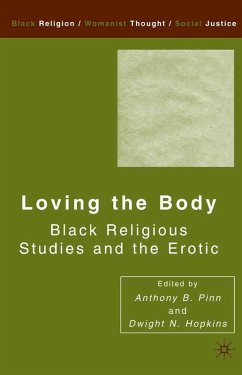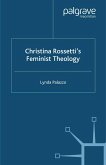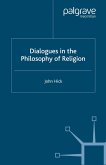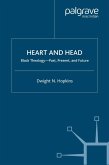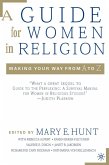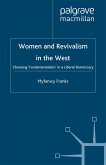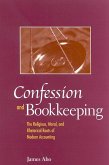In this book, contributors argue that the Black Church must begin to address the significance of sexuality if it is to actually present liberation as a mode of existence that fully appreciates the body. The contributors argue that we not only have to look at the Black Church in this discussion, but also explore black Christianity in general.
Dieser Download kann aus rechtlichen Gründen nur mit Rechnungsadresse in A, B, BG, CY, CZ, D, DK, EW, E, FIN, F, GR, HR, H, IRL, I, LT, L, LR, M, NL, PL, P, R, S, SLO, SK ausgeliefert werden.
Loving the Body arrives with miraculous timing. By moving embodiment, pleasure and sexuality to the center of the discussion of black religious studies, the authors call for a new, more inclusive sexual revolution accompanied by a new and more progressive spiritual revolution. These insightful and courageous essays provide provocative new perspectives on one of the most significant and significantly troubled partnerships in African American culture: sexuality and the Black Church. The essays provide a valuable critical framework for scholars and mainstream readers grappling with innovative ways to unite the body and the spirit. - Kimberly Wallace-Sanders, Assistant Professor Graduate Institute of Liberal Arts and Women's Studies, Emory University

